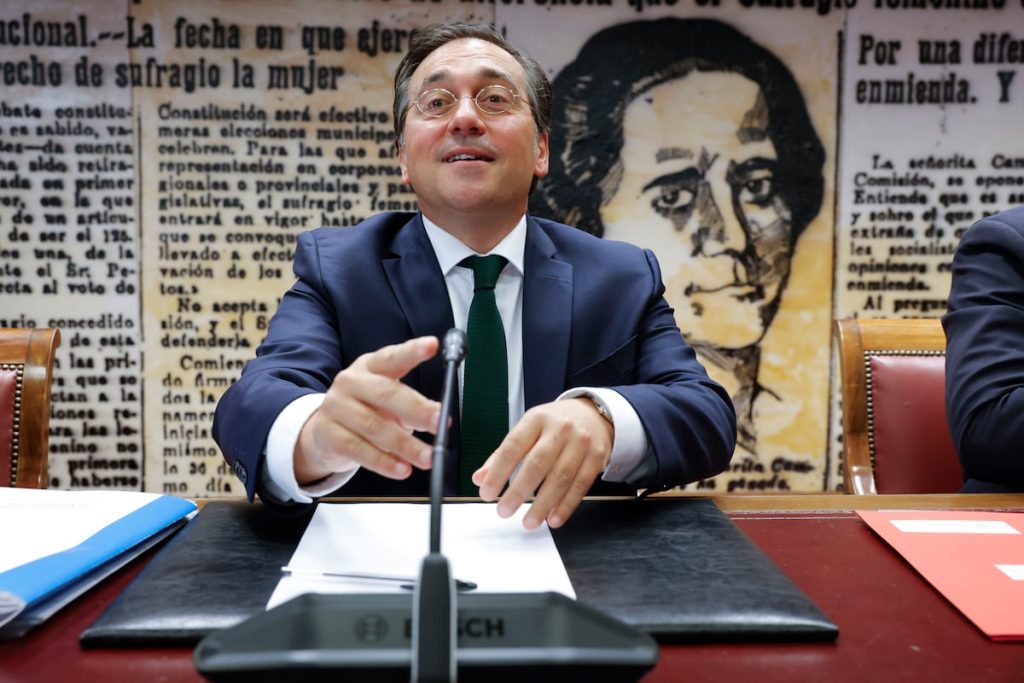Former Spanish Prime Minister José Luis Rodríguez Zapatero has become an involuntary protagonist in the debate on Venezuela held in the Senate. The spokesperson of the PP, Alicia García, accused Zapatero of playing a “disastrous role as a collaborator with all the atrocities of the Chavista regime” and labeled the Spanish government as an accomplice due to their relationship with Zapatero. The Minister of Foreign Affairs, José Manuel Albares, defended Zapatero’s work in mediation and dialogue in Venezuela and highlighted the importance of maintaining communication channels with both the Maduro government and the opposition.
The debate in the Senate also highlighted disagreements over the format of the discussion and a failed trip to Caracas by a delegation of Popular Group senators, who were expelled upon arrival at the airport. The PP attempted to pressure the Spanish government to condemn the results of the Venezuelan elections as fraudulent and recognize the opposition candidate Edmundo González as the rightful winner, a move already made by the US. However, Albares refrained from making such a statement and emphasized the need for dialogue and mediation, where Zapatero could potentially play a role in future negotiations.
The Spanish government continues to demand that the Venezuelan government make public all the electoral records, which they have failed to do despite calls from international observers and the opposition. The situation in Venezuela will be discussed at an upcoming EU Foreign Affairs Ministers meeting in Brussels, with a deadline set for January 10th for the new president of Venezuela to take office. The EU has stated that it will not recognize another presidential mandate for Maduro without evidence of his electoral victory. Concerns have been raised over the repressive actions taken by the Venezuelan regime against the opposition.
The Minister of Foreign Affairs accused the PP of spreading misinformation and using the Venezuela issue for political gains rather than supporting the Venezuelan people. He emphasized the government’s commitment to democracy and human rights in Venezuela, condemning the repression of political dissent. Despite criticism of the government’s perceived inaction or passivity, Albares stressed the need for effectiveness in handling the crisis rather than engaging in rhetoric. Previous international efforts, such as recognizing Juan Guaidó as interim president, have not led to Maduro’s ousting or significant change in the country’s political situation.
Spain’s diplomatic channels with the Venezuelan regime have been utilized to assist the Dominican Republic following the closure of its diplomatic representation in Caracas. The role of Spain in overseeing the defense of Dominican interests in Venezuela highlights the complex relationships between different countries in the region. The letters from opposition leader María Corina Machado to Spanish authorities expressing gratitude for support in defending democratic values and condemning repression in Venezuela underscore the importance of international solidarity in addressing the crisis. In a critical moment for Venezuela, the international community’s vigilance and support are crucial for advocating for democracy and human rights in the country.


